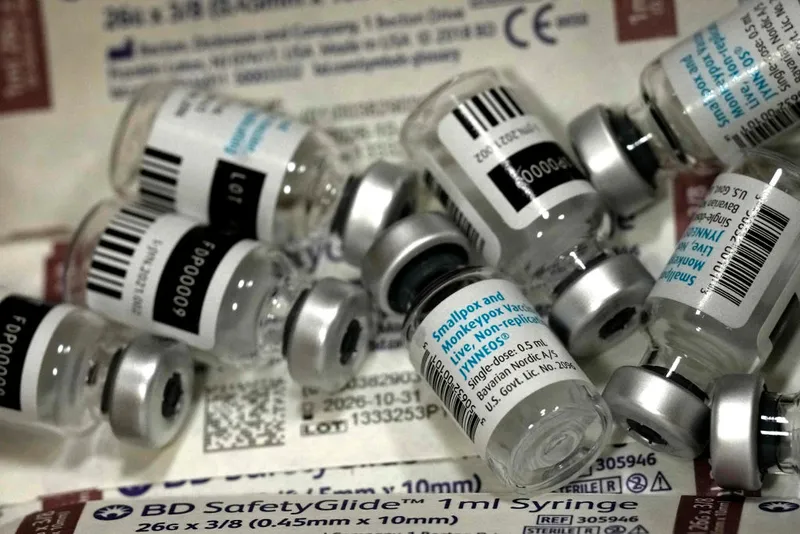Warning of Increased Cases of Mpox Virus in New York City
The New York City Health Department issued a warning on Friday regarding a concerning rise in local cases of the mpox virus, formerly known as monkeypox. Health officials urge medical professionals to remain vigilant, particularly with the approaching summer months, which could see increased transmission rates.
Since October, there has been a noticeable uptick in reported cases of mpox in the city, although the overall numbers remain low compared to the 2022 outbreak. Monthly cases peaked at 51 in January and have averaged 36 per month since fall, marking a significant increase from earlier in 2023 when there were only two to 20 cases per month.
The health advisory underscores the importance of ongoing vigilance, citing a large outbreak of the more severe Clade I monkeypox virus (MPXV) in the Democratic Republic of the Congo. Mpox symptoms include a spreading rash, along with flu-like symptoms such as fever, chills, headache, and muscle soreness.
While most recent cases were mild, 10 individuals required hospitalization. Notably, 94% of cases were among men who have sex with men, with the majority affecting Black or Hispanic individuals aged 25 to 44. Three-quarters of patients were either unvaccinated against mpox or had only received one dose of the vaccine.
The U.S. Centers for Disease Control distinguishes between two types of the virus: the more severe Clade I and the less severe Clade II. While there have been no reported cases of Clade I in the U.S., the recent outbreak in the Democratic Republic of the Congo raises concerns about potential introduction via travel.
Though 99.9% of individuals survive Clade II, Clade I outbreaks in Central Africa have resulted in fatalities for up to 10% of those affected. Treatment and vaccination protocols for both types of the virus are similar.
The health advisory emphasizes the importance of increasing vaccine uptake, stating that only one in four individuals recommended to receive the vaccine in the U.S. are fully vaccinated. The DOH urges people at risk of mpox exposure to receive two doses of the JYNNEOS vaccine. Additionally, healthcare providers are encouraged to make mpox testing readily available, follow state guidelines regarding patients’ sexual history, and educate them on preventing transmission and managing symptoms.















































